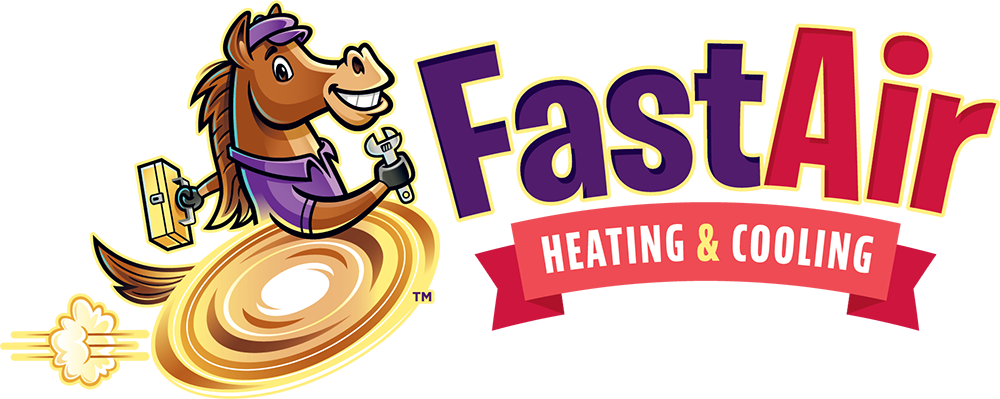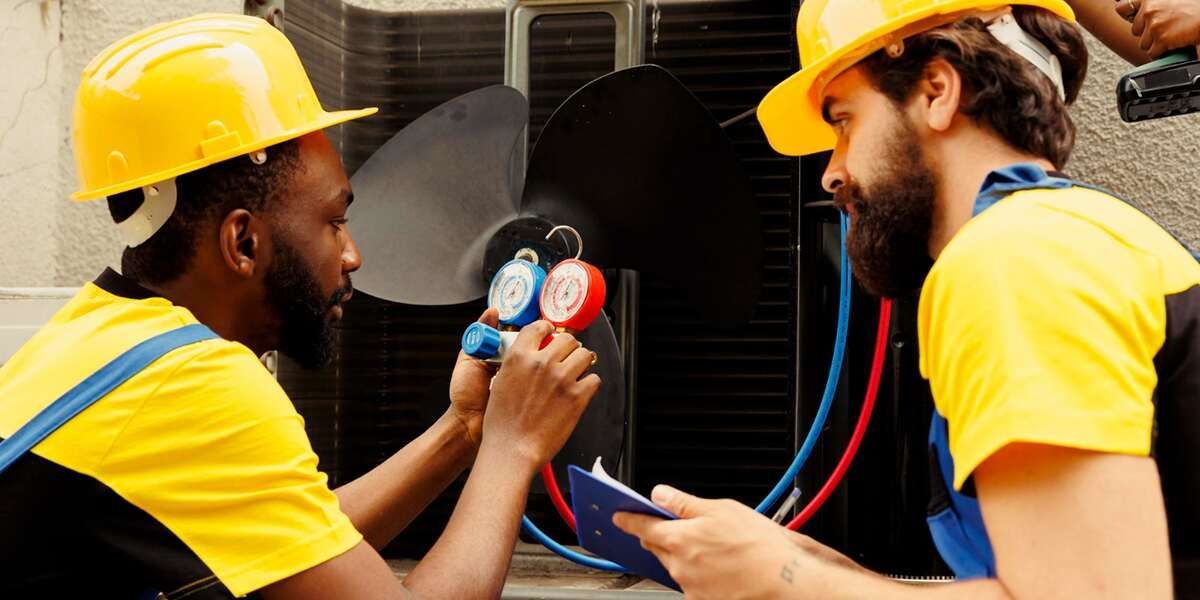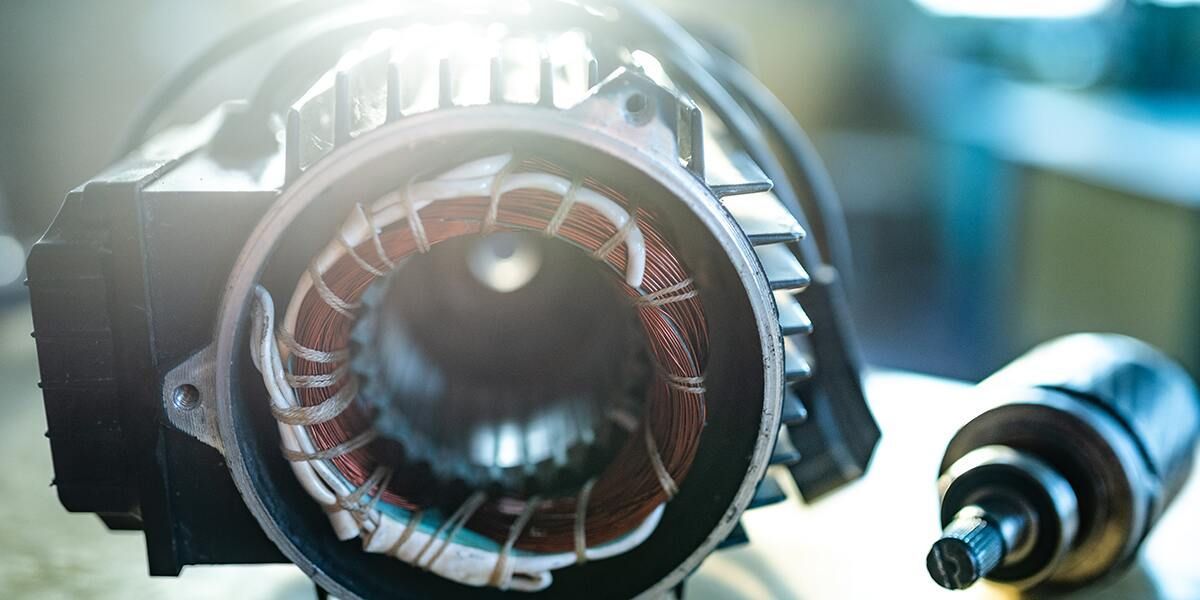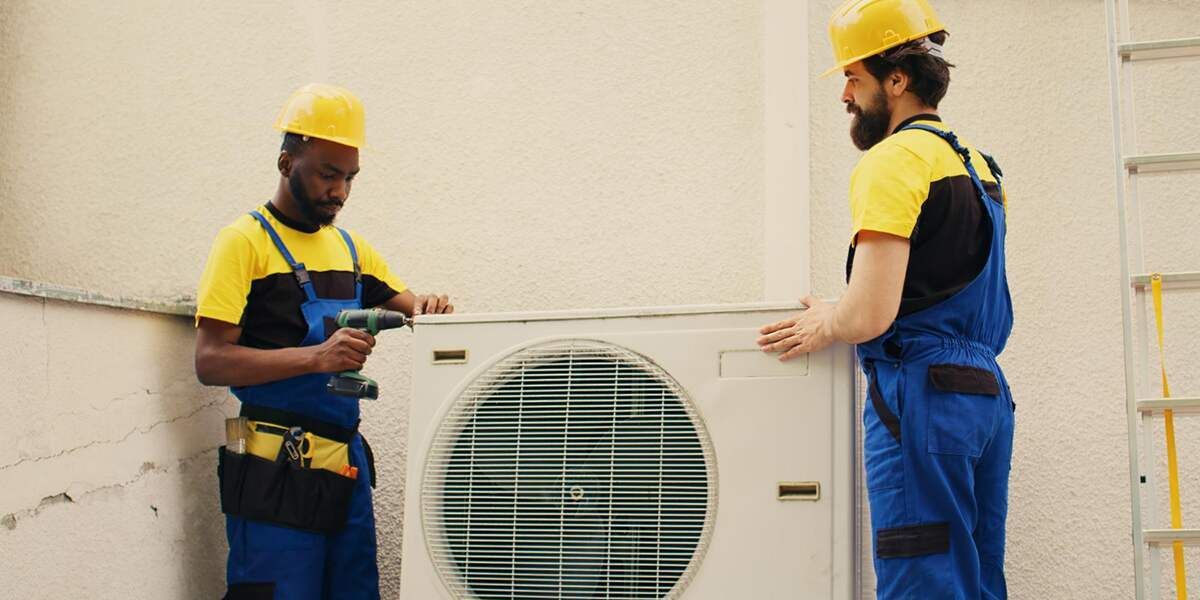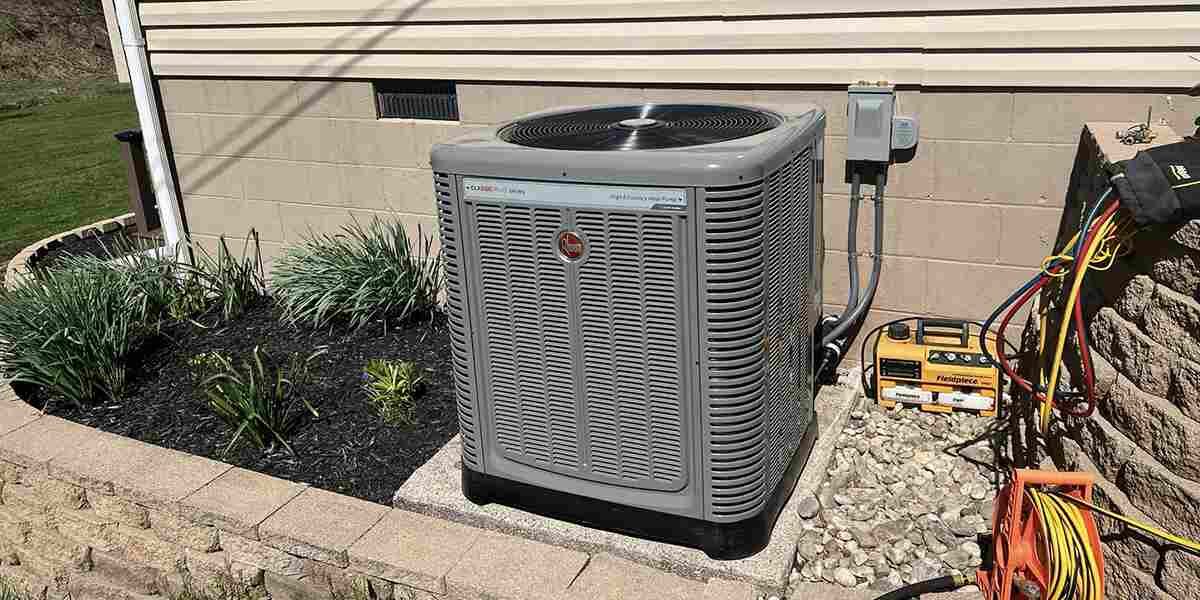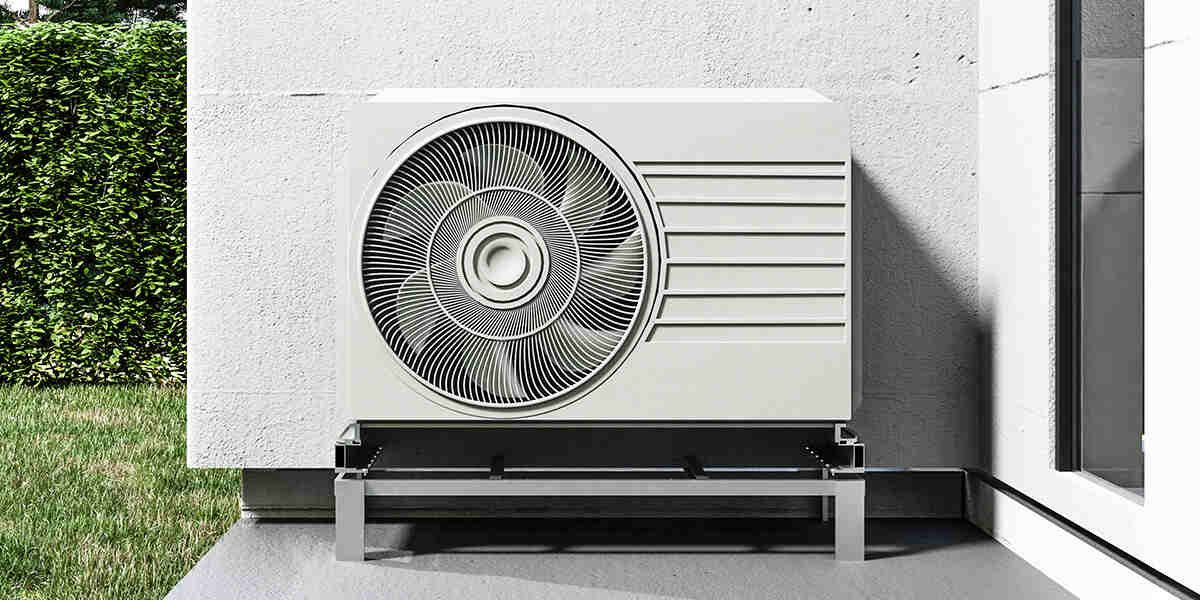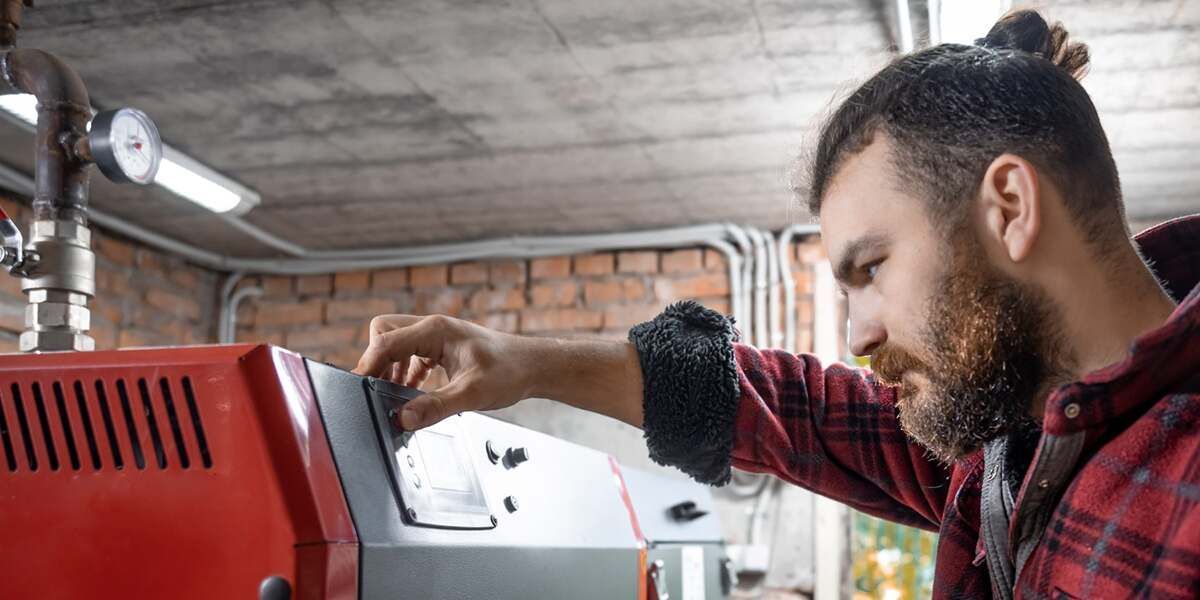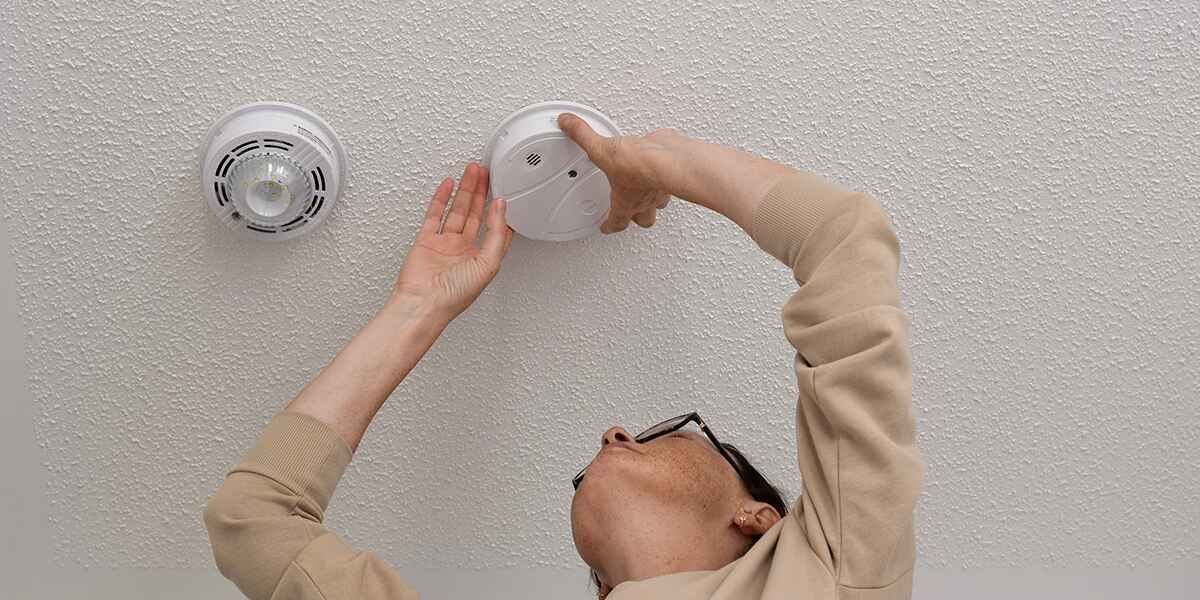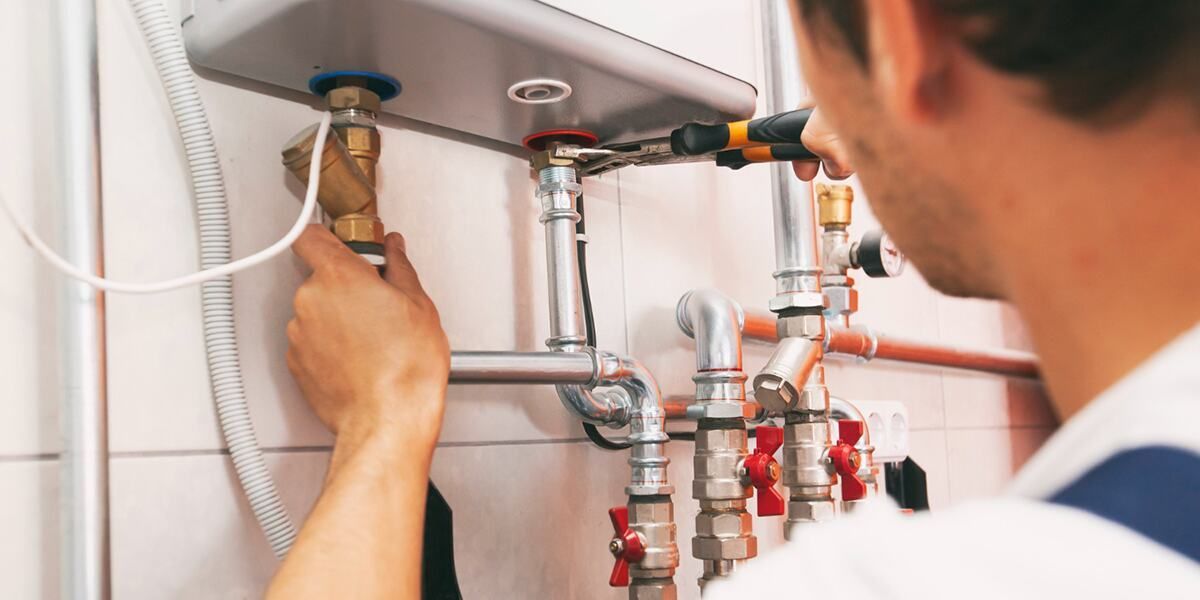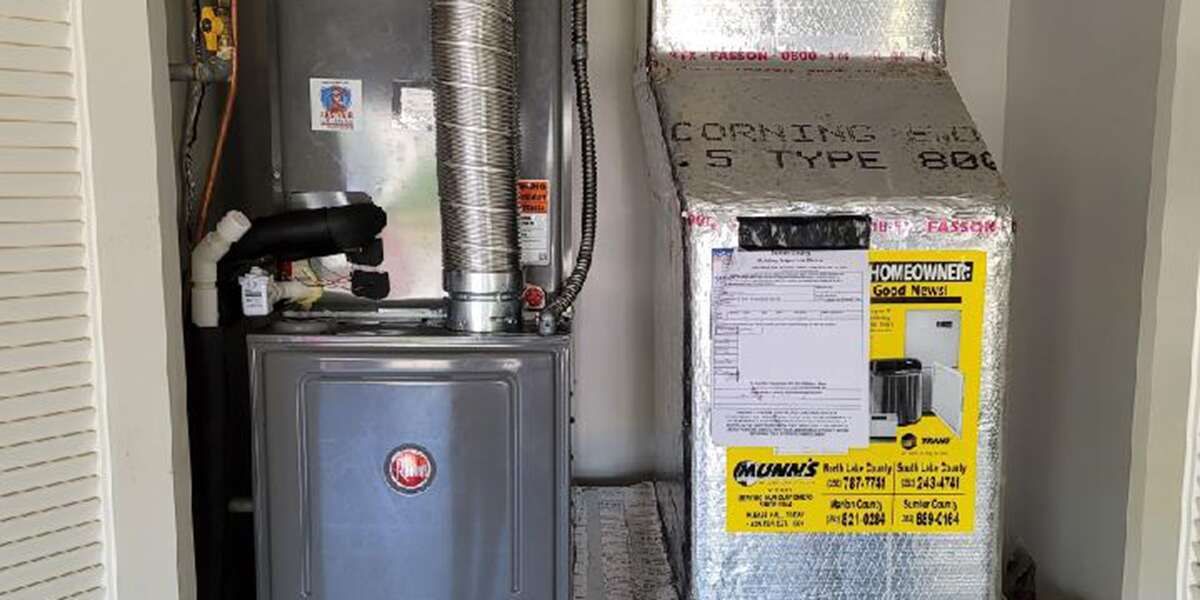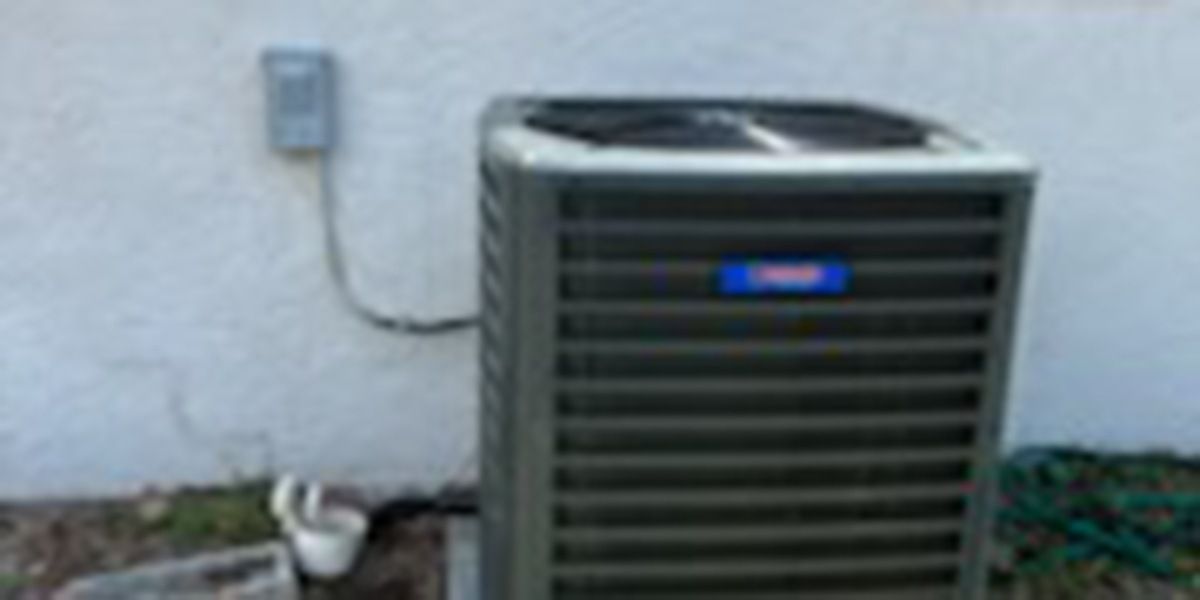EMERGENCY SERVICE AVAILABLE
Is Closing Vents Bad for Your HVAC Unit?
Do you need high-quality services for your HVAC system? Contact Fast Air Repair at 352-290-7968 for reliable work.
Many homeowners close their HVAC vents from time to time with the belief that it will promote airflow and cut down on energy usage. However, it isn't as beneficial as people think.
You may wonder, "Is closing vents bad for HVAC systems?" In this guide, we'll explain whether closing air vents is advantageous or not and what can happen as a result. We also will explore the importance of having an appropriately-sized HVAC system, as closing vents can have different effects depending on the size.
At Fast Air Repair, we provide Ocala's expert HVAC repair for a fair price and with fast turnaround times. Learn more about closing vents throughout your property, then call our team.
Can You Redirect Air by Closing Vents?
Property owners close their vents because they think it will send cool or warm air to open vents throughout the home. It actually has the opposite effect. Instead of redirecting air to open vents and away from closed ones, it will build up and increase pressure inside the ductwork system.
You end up losing any air you hoped to redirect, causing your HVAC system to overcompensate for the loss. You'll cause extra wear and tear on your HVAC system and have to spend more on heating costs. All in all, closing your vents doesn't have the positive effects you want from them.
Does Closing Vents Change Energy Use?
Closing vents waste more energy than it saves it. You'll utilize extra energy to heat and cool your home to make up for the duct leaks. Additionally, your HVAC system will run as if your vents are still open, meaning it will work harder to make up for the heat loss.
Do You Have Better Airflow When You Close Vents?
Other areas in your home don't benefit from closing HVAC vents, as they don't experience better airflow. If you're running your air conditioner but keep some vents in your home closed, you'll end up with less comfortable indoor air conditions throughout the entire property. The hot air will distribute itself from the warm parts of your property and into any cooler areas, including rooms with closed vents and non-insulated spaces.
If you're hoping to minimize energy losses in your home, keep your vents open or partially open. Rather than shutting one or more vents, leave them open. Since HVAC systems fit the size of the homes they're in, yours should work at its best without needing to close vents.
Consequences of Closing Vents in Your Home
You might think that periodically closing the vents in your home is no big deal. However, the consequences are potentially expensive and dangerous, such as if your heat exchanger cracks and leaks gas. Since there are no overall benefits of closing vents, you're better off avoiding it altogether.
Is closing vents bad for HVAC systems? Here are the primary downsides of shutting your HVAC system vents.
1. Duct Leaks
No one wants to cause holes in their ductwork, especially since it has such an essential job to play. Leaks or major holes in ductwork cause air loss, which only worsens if you close your vents. What can start off as minuscule leaks can turn into larger, more costly issues down the road.
The air from faulty ductwork makes its way outside, into crawl spaces, and into other areas you don't want it to go. Keep your property's registers open to avoid bursting your ductwork. You should also schedule ductwork cleanings, maintenance, and repairs to ensure they're in top shape.
2. Less-Efficient HVAC System
All property owners benefit from having efficient air conditioning and heating appliances. When your system operates with closed vents, you're doing more harm than good. You're using the same amount of air you would if the vents were closed, but using more energy than you need.
You can end up having to shell out hundreds of dollars to repair or replace your HVAC system prematurely. Why put your system at risk when you can use it in the best way possible? Save money and energy by leaving vents open.
3. Cracks in the Heat Exchanger
Pressure from closed vents can cause heat exchanger cracks. With a cracked heat exchanger, deadly carbon monoxide can leak into your home without you realizing it. It's nearly impossible to detect as it has no taste, odor, or color, and exposure only takes a few minutes or less.
It can steal the body's valuable oxygen and become extremely toxic quickly. Ensure your loved ones are safe from carbon monoxide leaks by installing a detector. Remember to leave your HVAC air vents open and check that your detector is working well from time to time.
4. Mold and Mildew Growth
When you close vents, temperatures can drop and create condensation. One of the worst effects of this is mildew and mold growth, which can quickly spread throughout your ductwork and in hidden areas. Mold and mildew can aggravate respiratory issues in your family and create an unhealthy living environment.
If the mold in your home becomes a severe problem, you might need remediation services to properly address it. You'll notice a foul smell throughout your home and have unhealthier indoor air.
5. Extra HVAC Wear and Tear
When you buy a new HVAC system, you intend to get as much life out of it as possible before needing a replacement. However, closing vents increases how hard your system works and can prematurely age your system. You could end up with broken internal components or need extra maintenance to keep up.
Furthermore, you might need to replace your system early. You could face an HVAC emergency during extreme weather conditions and have to wait for a response. The discomfort and out-of-pocket expenses from closing your registers are avoidable and unnecessary.
The Importance of a Properly-Sized HVAC System
When getting a consultation for a new HVAC system, the size of your property, its layout, and your home's heating and cooling needs factor into what type of appliance you'll receive. If your HVAC installers did a great job, you shouldn't have to worry about an over- or under-sized system.
Closing vents transforms your properly-sized HVAC system into an oversized one. Your system has to make up for the lost air and will work harder trying to achieve comfortable temperatures throughout the property. You'll spend more than necessary on energy bills and still could feel uncomfortable.
On the other hand, you could have a heating and cooling system that's not large enough for your needs. An under-sized system also struggles to achieve the temperatures you want. If your system is the incorrect size, you'll need to replace it sooner or later with a professional's help.
Contact Fast Air Repair for Top-Notch HVAC Services in Dunnellon, FL
We hope to have provided some valuable insight into the common HVAC question, "Is closing vents bad for HVAC systems?" As trusted heating and cooling professionals, we can help you with a wide variety of concerns, such as if you have HVAC water damage and more. Our goal is to provide you with fantastic service.
Learn more about our trusted HVAC services in Dunnellon, FL, and the surrounding areas, then contact our team. You can call Fast Air Repair today at 352-290-7968 for a quote or to book a service appointment. We look forward to meeting your needs!
Contact us for Service
Footer - Website Lead
We will get back to you as soon as possible.
Please try again later.
For emergency service, to get a free quote, or if you have questions or special requests, just drop us a line. We Look forward to serving you!
Hours Of Operation
- Mon - Sun
- Open 24 Hours
Emergency Service Available
All Rights Reserved | Fast Air Repair

